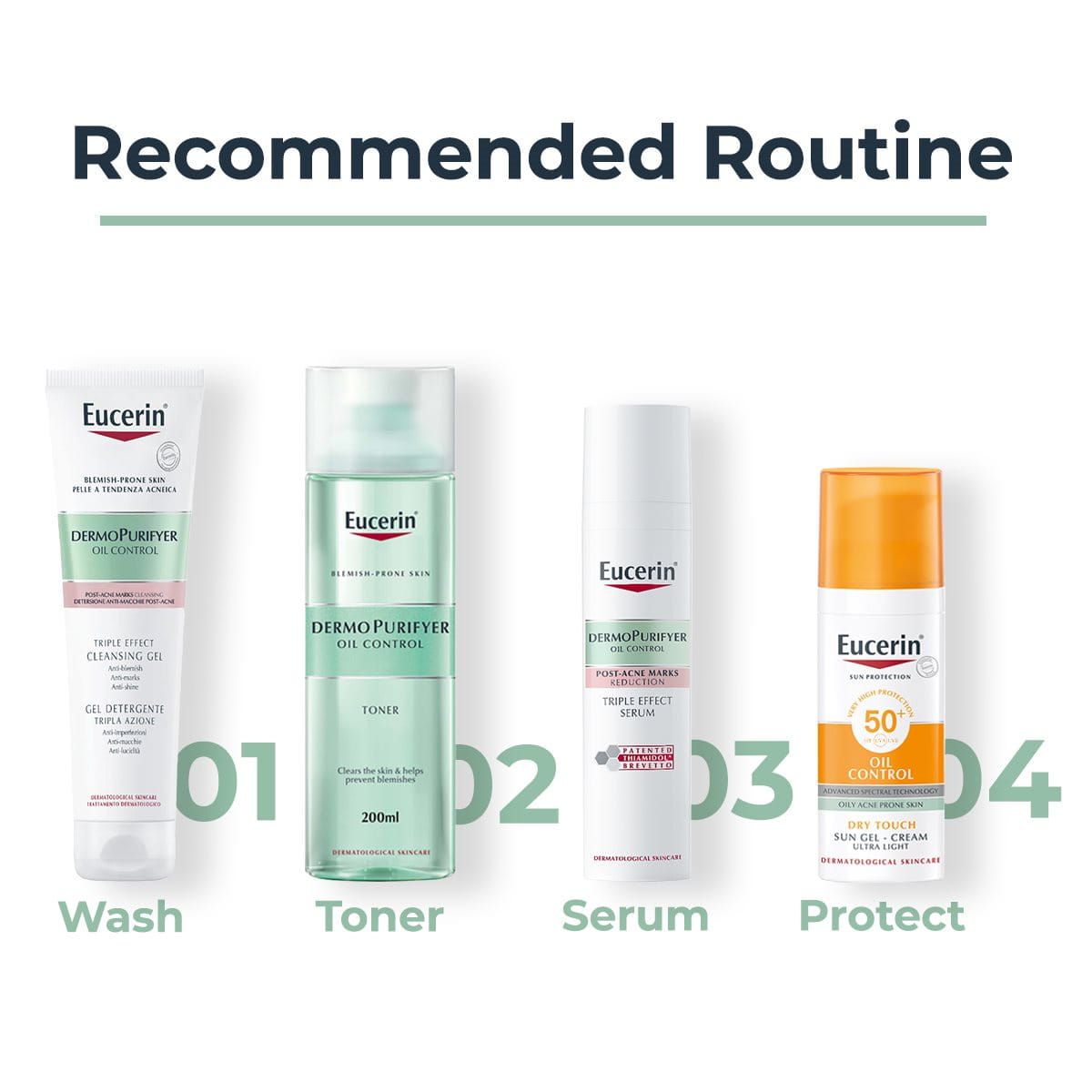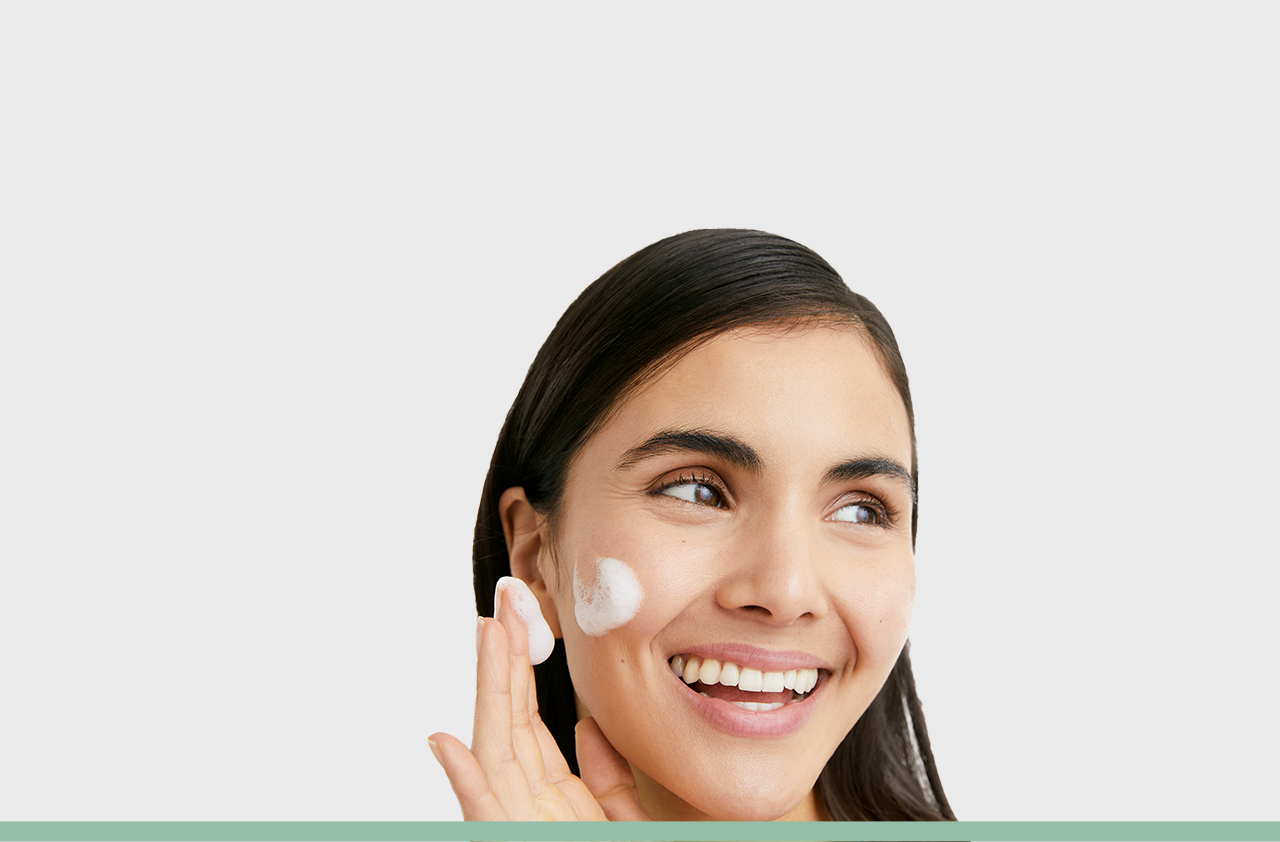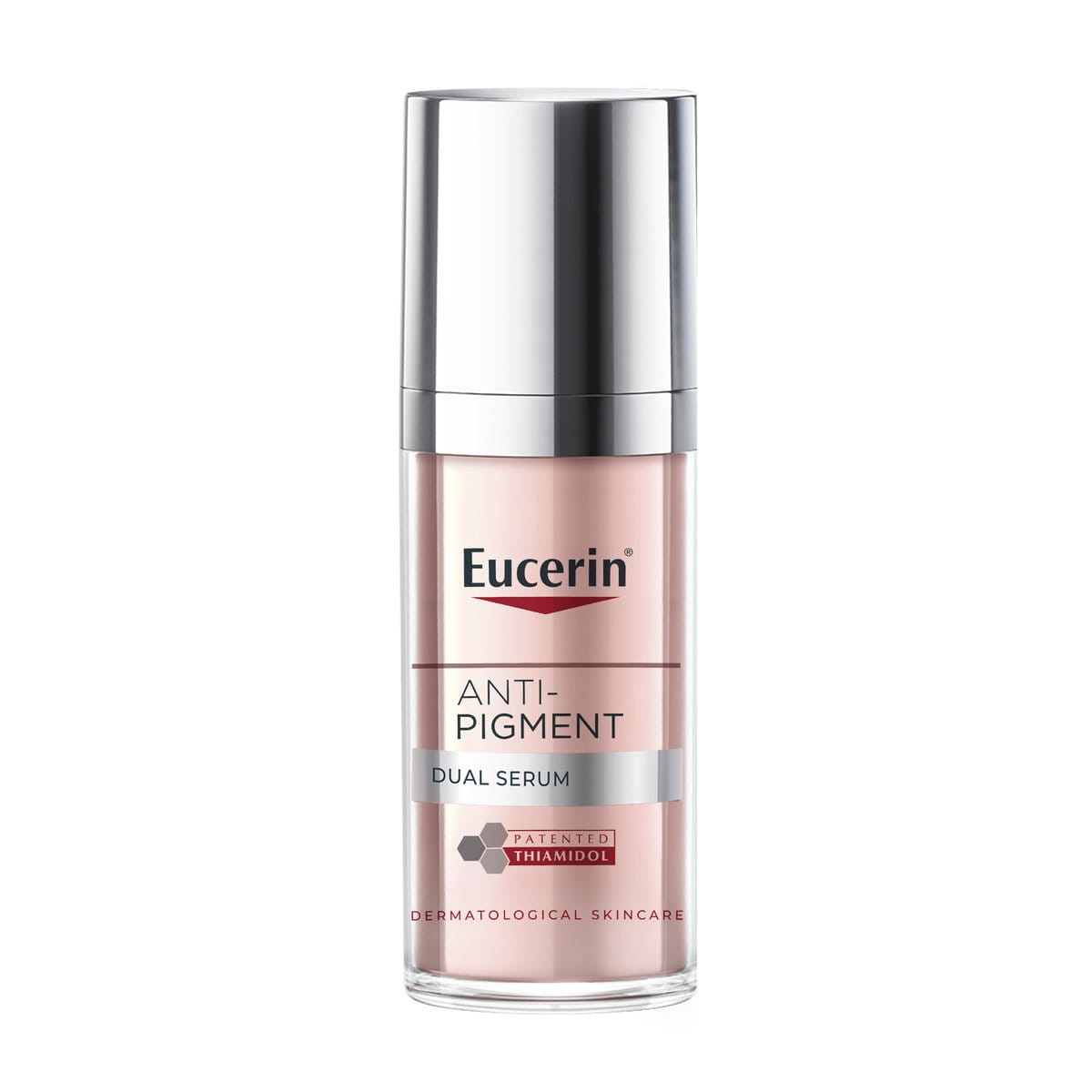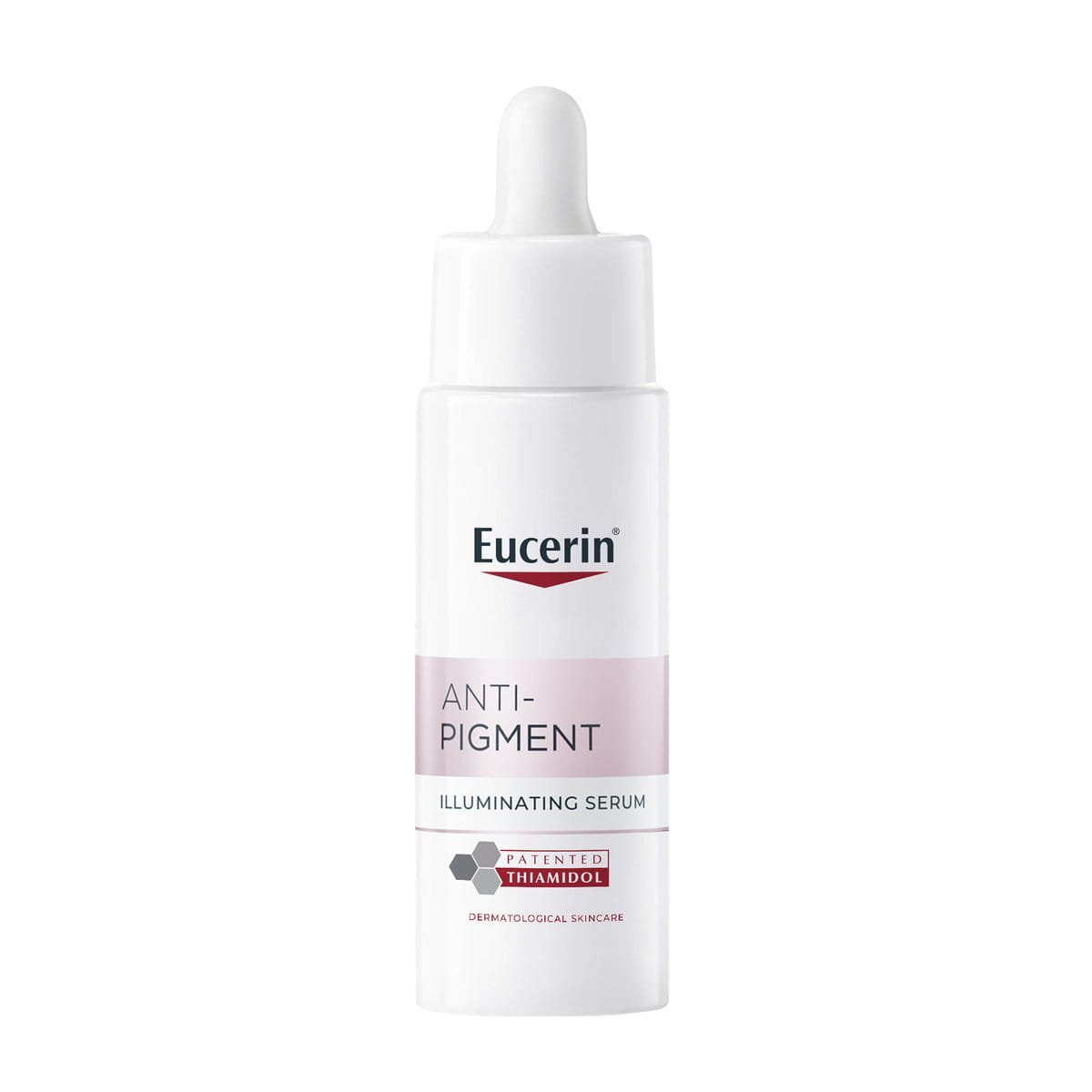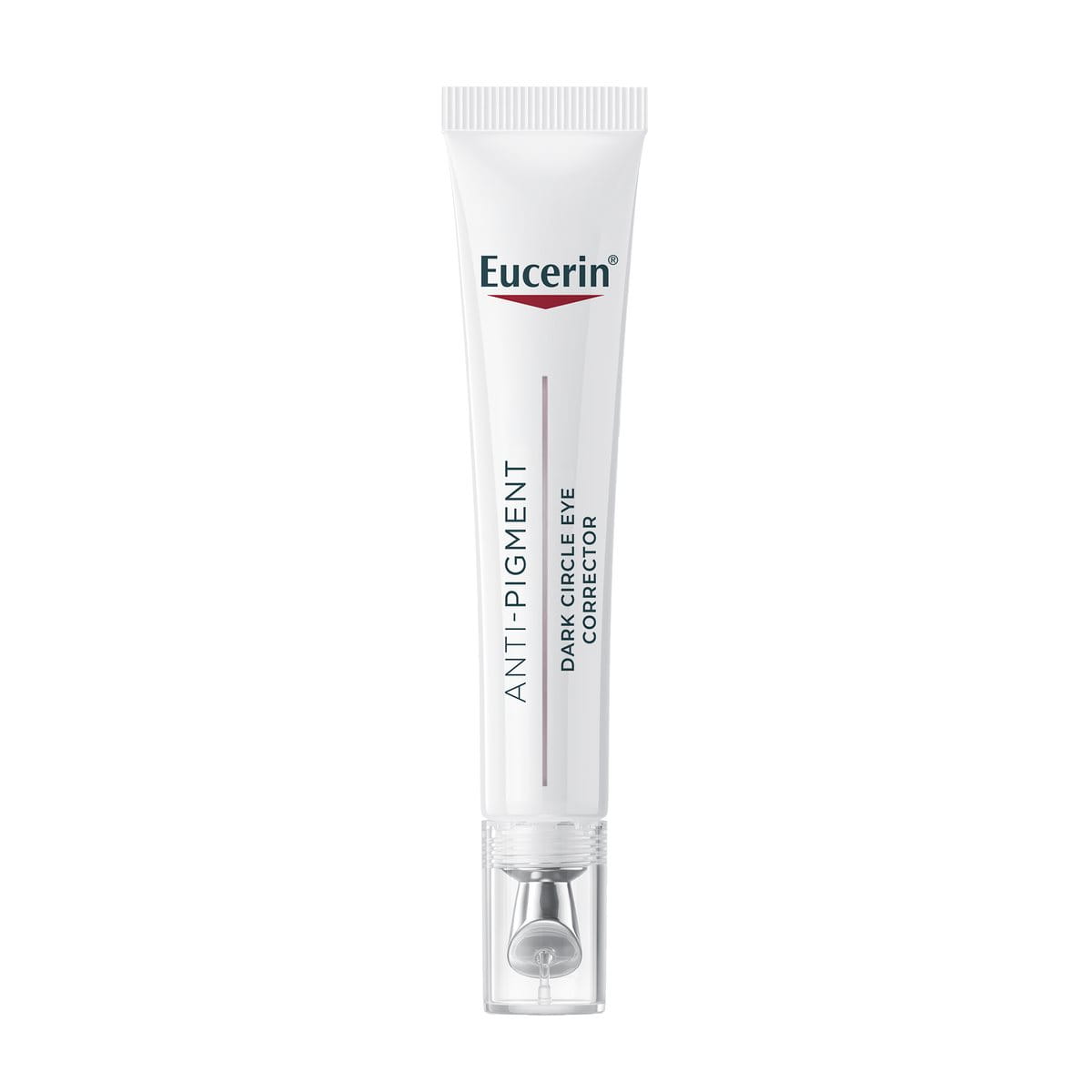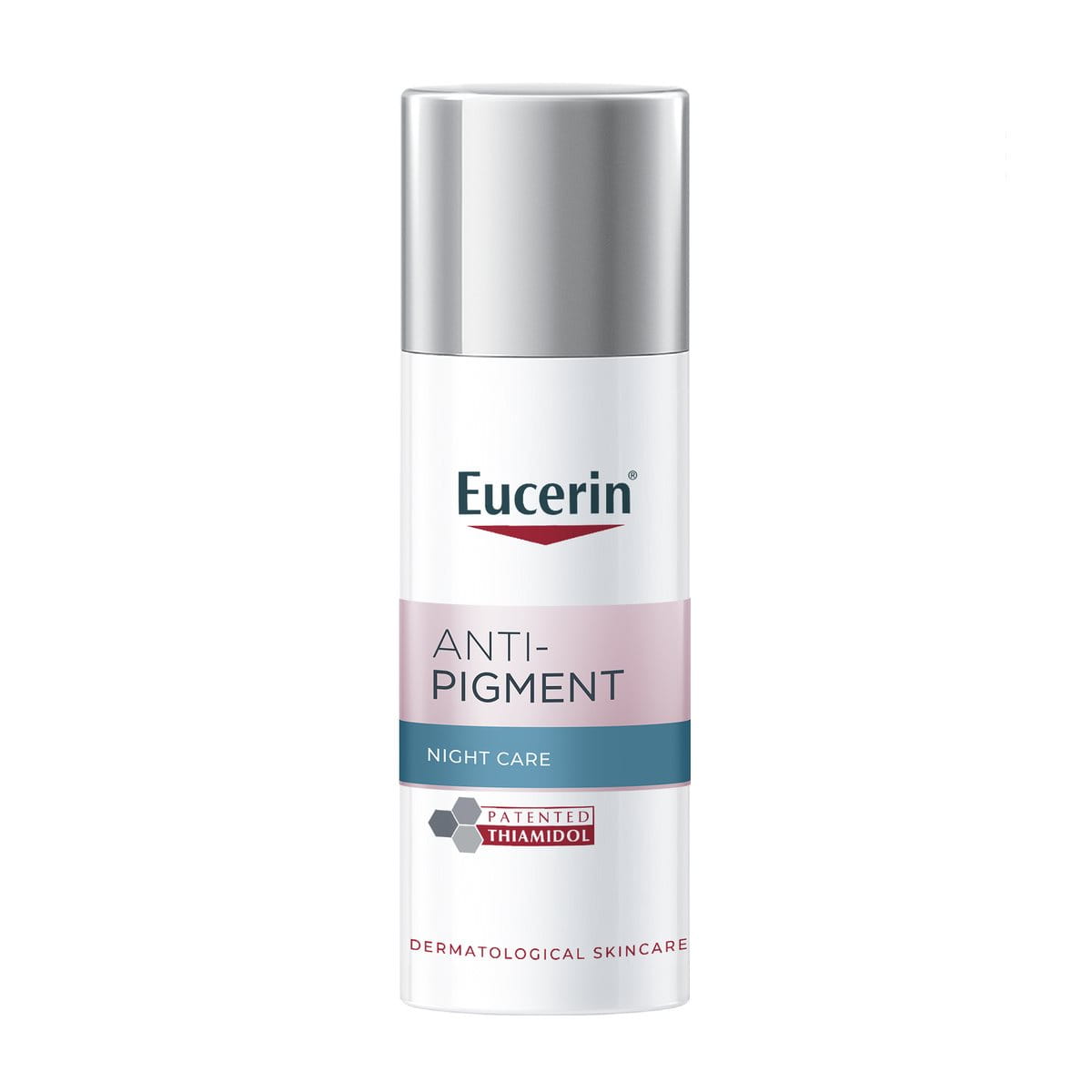While it's possible to escape the sun, pollution, and harsh skincare products, your skin has another foe that may be wreaking havoc - hard water. With dissolved minerals like calcium and magnesium, it can be difficult to dodge the effects of hard water on skin, like acne and eczema. So if you’re worried about hard water affecting your skin or skin darkening due to water change, it’s time to dive right in.
Keynotes:
- Hard water is rich in minerals like calcium and magnesium and can disrupt your skin’s natural moisture balance, leading to dryness, tightness, and irritation.
- It may worsen acne, trigger breakouts, and aggravate sensitive skin conditions like eczema.
- Combat hard water with gentle cleansers, regular moisturisation, and water softeners.
- Toners and pH-balanced products help you combat the effects of hard water on skin.


